With SC seat in mind, Modi pushes for UN reform
Indian PM glosses over international criticism of his govt’s atrocities in IIOJK, oppression of Muslims
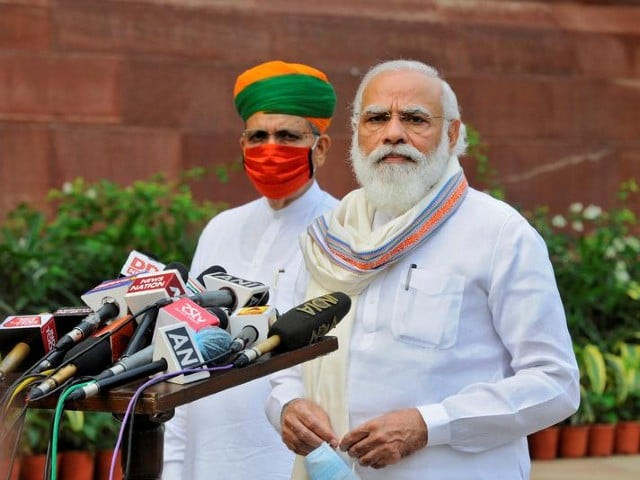
Indian Prime Minister Narendra Modi, citing its 1.3 population and economic strength as well as other factors, on Saturday called for an “expanded role” for India in the United Nations, with obviously in mind its failed campaign to secure a permanent seat on the UN Security Council.
Addressing the UN General Assembly through a video link, Modi pushed for reforming the UN – meaning actually the Security Council – and posed the question, “For how long will India be kept out of the decision-making structures of the United Nations.”
But in his 20-minute address, Modi, who leads a Hindu nationalist regime, glossed over the vigorous international criticism of India’s oppressive occupation of Jammu and Kashmir, its gross human rights violations of the Kashmir people, and marginalising of its minorities, including millions of Muslims.
Outside the General Assembly a large number of Kashmiris staged a rally at which speakers called on the UN to play its role in ending the suffering of Kashmiri people living under the tight Indian military-imposed lockdowns, and to implement its resolutions that promised right to self-determination to them.
Waving banners and shouting slogans, the demonstrators condemned India’s August 5, 2019, action in annexing occupied Kashmir that has led to a crisis in the disputed region. They also voiced support and solidarity with the Kashmiri people languishing under a siege for over one year.
In his speech to the 193-member General Assembly, Modi said that India would not hesitate in raising its voice against, what he called, the “enemies of humanity, human race and human values – these include terrorism, smuggling of illegal weapons, drugs and money-laundering”.
Underscoring the need for reforming the UN, the Indian prime minister said that the people of India, , which would take over as non-permanent member of the Security Council on January 1, had been waiting for a long time for the process for the reforms to get completed.
“Today, people of India are concerned whether this reform-process will ever reach its logical conclusion,” he said, adding: “For how long will India be kept out of the decision-making structures of the United Nations?”
The intergovernmental negotiations (IGN) aimed at restructuring the 15-member council, were stalled as member states remained sharply divided over the details. Known as the “Group of Four” -- India, Brazil, Germany and Japan—had shown no flexibility in their campaign for expanding the Security Council by 10 seats, with six additional permanent and four non-permanent members.
On the other hand, the Italy/Pakistan-led Uniting for Consensus (UfC) group strongly opposes any additional permanent members, saying that such a move will not make the Security Council more effective but undermine the fundamental principle of democracy that is based on periodic elections.
Referring to the coronavirus crisis, Modi spoke about the suffering that the pandemic brought to the world, but appeared to criticize the UN response. “Where is the United Nations in this joint fight against the pandemic? Where is its effective response,” he asked.

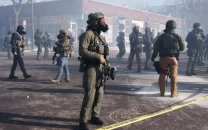
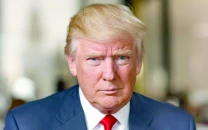
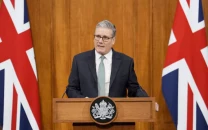
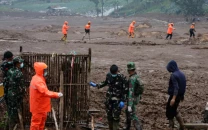
1723611379-0/BeFunky-collage]____-(79)1723611379-0-208x130.webp)













COMMENTS
Comments are moderated and generally will be posted if they are on-topic and not abusive.
For more information, please see our Comments FAQ